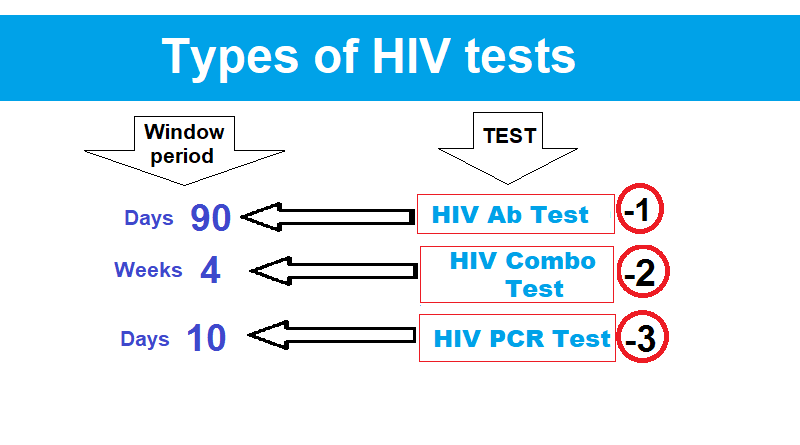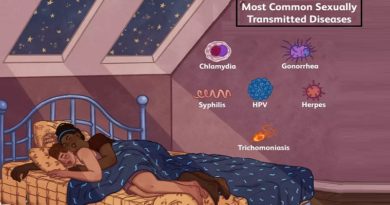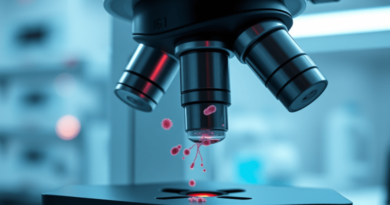HIV Tests Window Period: Latest Update as of 2023
Last Updated on 02/09/2026 by Helal Medical
As of 2023, there is no change regarding the window period for different HIV tests. According to the CDC, antibody tests can usually detect HIV 23 to 90 days after exposure. It’s worth noticing that rapid tests and self-tests are also antibody tests. The window period for a nucleic acid test (NAT) ranges between 10 to 33 days after exposure. Improvements in testing technology continue to reduce the detection window for HIV. (SOURCE)
Why there is a wide range from 23 to 90 days for the window period?
The window period can vary based on individual factors, such as the stage of the infection and the immune response of the person being tested. In some persons, the virus can be detected as early as 23 days, while others need up to 90 days.
Combo test widow period
This is an antigen/antibody test that detects both the P24 protein (a protein on the surface of the HIV virus) and antibodies to HIV. According to the CDC, the window period for P24 antigen/antibody tests is generally shorter than that of antibody-only tests, with some tests able to detect HIV as early as 16-20 days after exposure. It is important to note that the P24 antigen test is not recommended for routine HIV testing and is usually reserved for early detection of HIV in high-risk individuals or in the diagnosis of acute HIV infection.
SUMMARY
Understanding the window period for different types of HIV tests is crucial for getting a correct result with no false negatives. While antibody tests can usually detect HIV 23 to 90 days after exposure, nucleic acid tests and INSTI tests can detect the virus earlier. Note that individual factors can affect the window period.
SOURCES
[1] “Following an exposure that leads to HIV infection, the amount of time during which no existing diagnostic test is capable of detecting HIV is called the eclipse period. 2. The time between potential HIV exposure and an accurate test result is referred to as the window period. Improvements in testing technology continue to reduce the detection” https://www.cdc.gov/hiv/clinicians/screening/diagnostic-tests.html
[2] “The window period for an HIV test refers to the time between HIV exposure and when a test can detect HIV in your body. The window period depends on the type of HIV test used. What is the window period for the HIV test I took? Antibody tests can usually detect HIV 23 to 90 days after exposure. Most rapid tests and self-tests are antibody tests.” https://www.cdc.gov/hiv/basics/hiv-testing/hiv-window-period.html
[3] “The window period of infectivity detection was 56 days. Second-generation tests relied on recombinant HIV proteins or synthetic peptides to detect HIV-1/2 IgG antibodies. The window period was reduced to 42 days.” https://www.mlo-online.com/continuing-education/article/13008625/understanding-the-cdcs-updated-hiv-test-protocol
[4] “There are three types of HIV tests: nucleic acid tests (NAT), antigen/antibody tests, and antibody tests, and they all have different window periods: Nucleic Acid Test (NAT) —A NAT can usually tell you if you have HIV infection 10 to 33 days after exposure.” https://www.hiv.gov/hiv-basics/hiv-testing/learn-about-hiv-testing/hiv-testing-overview
[5] “There’s a window period between exposure to HIV and a positive test because it takes time for your body to either build a response to the infection or for the virus to replicate enough”. https://www.webmd.com/hiv-aids/hiv-window-period
[6] “The estimated window period for INSTI when testing plasma is as follows: The median window period is 26 days (interquartile range 22 to 31 days). This indicates that half of all infections would be detected between 22 and 31 days after exposure.” https://www.aidsmap.com/about-hiv/what-window-period-hiv-testing
Discover more from Helal Medical Manila
Subscribe to get the latest posts sent to your email.




